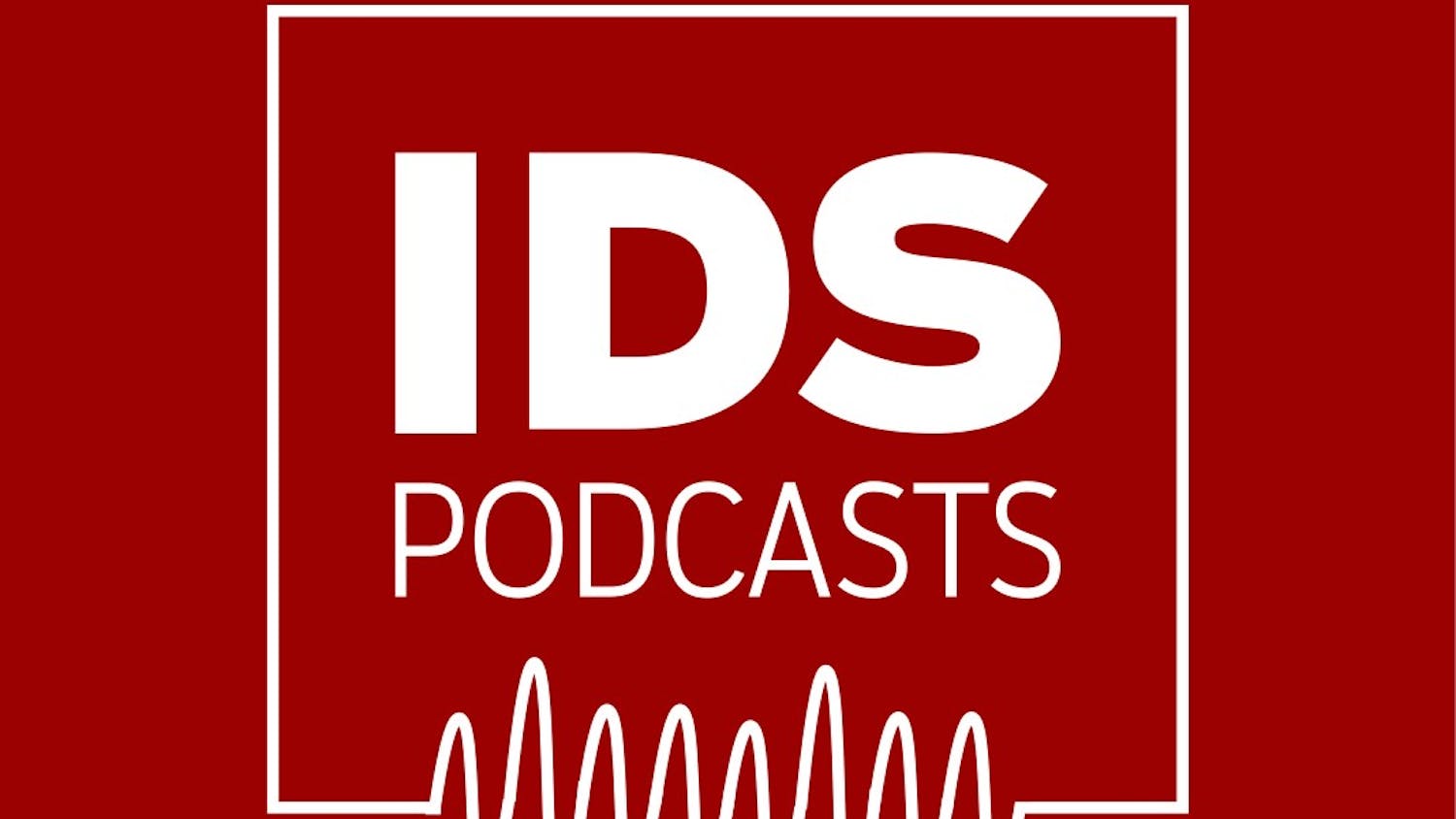The uncertainty of the national budget looms as no solidified alternate proposal from Congress or President Barack Obama has yet to be presented.
If no alternate budget plan is proposed, the sequester will take effect today.
Former Rep. and Director of IU’s Center on Congress Lee Hamilton said the sequester came in light of the Budget Control Act of 2011 and was intended to serve as an incentive to cut up to $1.5 trillion in a 10-year span. The sequester was initially included in legislation to motivate members of Congress to reach a national budget decision.
“In the end they couldn’t agree on those decisions, so the sequester is going to take effect,” Hamilton said.
Deep cuts will be made to state military installations, public safety, education and public health if the sequester goes into effect.
“Almost all members of Congress are now saying it is a bad idea, that it’s a stupid way to budget,” Hamilton said. “They all are criticizing it, but they voted for it.”
Obama has continually emphasized the importance of increasing effective tax rates to address debt, according to the office of Rep. Todd Young, R-9th District.
“Because of its across-the-board nature, sequestration remains a sub-optimal solution. Spending cuts are needed, but we should target them in a very specific way. Unfortunately, the President refuses to put forward a serious and specific plan, and so it appears as if he will get his across-the-board cuts,” Young said in a prepared statement.
Hamilton said the President does want additional tax revenues and is prepared to talk about entitlement cuts, but hasn’t been very specific about it.
Republicans have called for more spending cuts and haven’t been sufficiently specific about what to cut, either, he said.
“It is past time for Democrats and Republicans to set politics aside,” Sen. Joe Donnelly said in a press release. “It’s critical for both parties to work together to find common sense ways to significantly reduce spending, close unnecessary tax loopholes and better balance the budget.”
Without a definite plan for the future, state budgets across the nation will be affected.
The Indiana Department of Workforce Development announced Wednesday it would temporarily suspend federal unemployment benefits starting Saturday as part of the sequester.
The department later retracted the order.
“In response to the State of Indiana’s request for additional guidance, late this afternoon the U.S. Department of Labor confirmed that unemployment benefits will not be impacted by sequestration through the week ending March 9, and additional guidance will be forthcoming,” said Scott Sanders, commissioner for the department.
Indiana could see a $32.2 million reduction in education funding, a $650,561 loss in funding for first responders and funding cuts for childhood immunization grants.
“The sequester does not deal with the major problem of federal spending, which is the increase in entitlement programs,” Hamilton said. “It does not deal with the principal problem.”
Hamilton said while the impact of the sequester will take effect during a period of weeks, the longer it goes unaddressed, the more difficult it will be to solve problems.
No alternate budget plan to the sequester has been released. President Obama will meet with Democratic and Republican congressional leaders today to further discuss the sequester implications.
No resolution in sight leading to Friday sequester deadline
Get stories like this in your inbox
Subscribe



